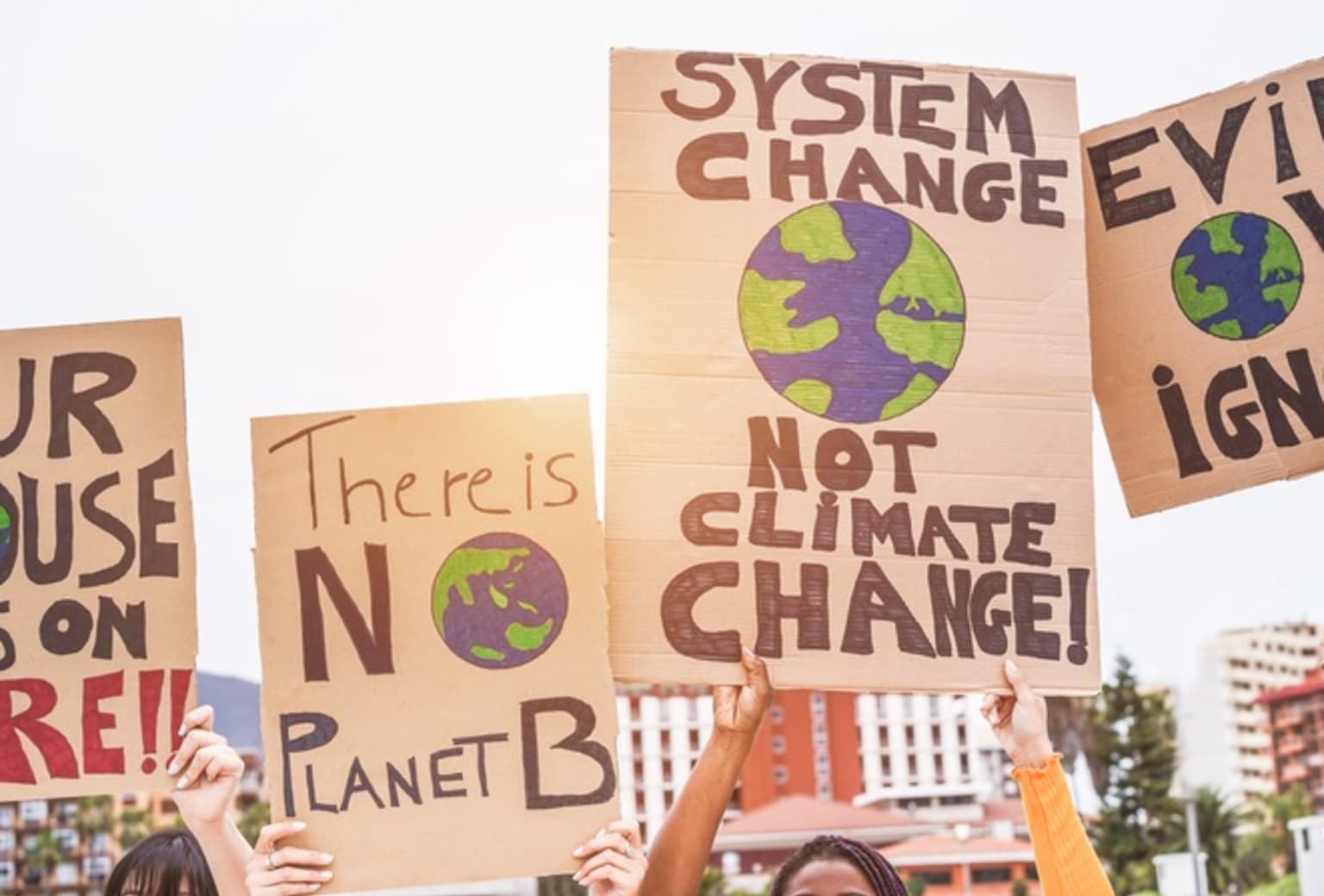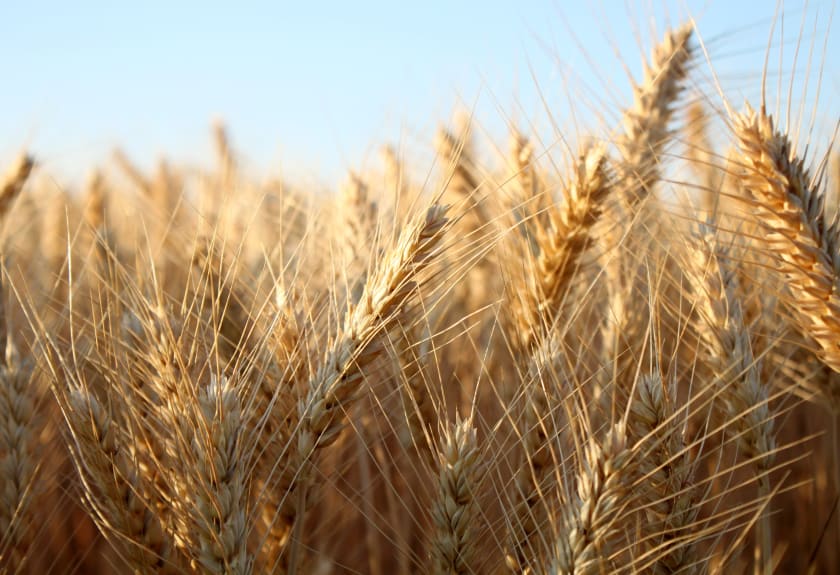The problem Take Two is working to solve is a food system in which food waste and production of animals for food are contributing to the following at unsustainable rates:
- Global emissions
- Land, ecosystem, and biodiversity destruction and loss
- The freshwater/drinking water crisis
- Climate change
More specifically, the current food system does the following:
- Contributes 24% of annual GHG emissions, second only to the energy supply sector (35%). Emissions from livestock alone (18-20%) are greater than the entire transportation sector (14%);
- Perpetuates dependence on animals for food in general, and encourages consuming animal-based products in quantities that cause health challenges and are unsustainable for the planet (supply-side);
- Creates consumers who adopt diets where calorie- and protein-from-animal-sources are higher than is recommended for health and environmental reasons (demand-side);
- Uses things only once, instead of keeping nutrition in the food supply chain (e.g., most of the 8 billion pounds of spent grain produced annually is fed to livestock and the rest goes into landfills);
- Wastes over 1/3 of what it produces (the rate is higher in wealthy countries and lower in developing countries);
- Continues to destroy ecosystems in order to grow more food -- and raise more animals for food -- at unprecedented rates. This doesn’t ensure everyone is nourished. On average, 1 in 9 people don’t get enough food to be healthy and lead an active life.
By saving and upcycling as much spent grain as possible and turning it into delicious, nourishing, sustainable, and affordable plant-based food, Take Two is doing what we can to address aspects of every bullet point listed above.
Transforming the food system is, perhaps, one of the greatest challenges of our time. And systemic change is, of course, necessary. Let us also not forget that one of the most powerful ways we can participate in and contribute to this transformation is by transforming our own food-related, eating, and purchasing habits and practices.
We’d love to hear from you about how you’re creating positive change within the food system via the choices you’re making and the dollars you’re spending. Find and message us on social media, or email us at [email protected] to join the conversation.



